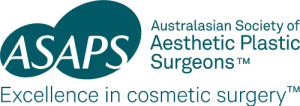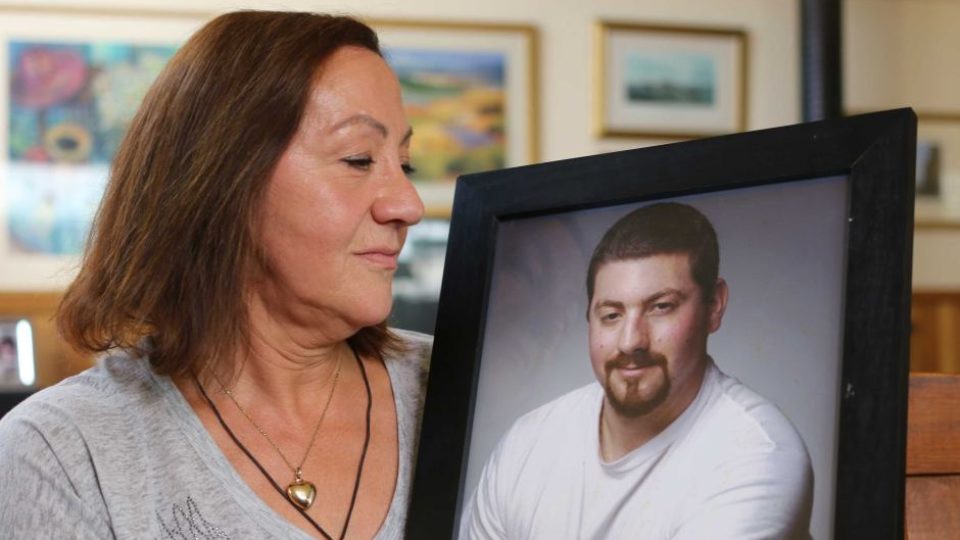Reports today about 31-year-old Leigh Aiple who paid more than $35,000 for a plastic surgery package in Malaysia, but died less than 24 hours after he flew back to Melbourne, have sparked a warning to others considering travelling overseas for cosmetic surgery.
Coroner Caitlin English found the case illustrated the need for people to be aware of the risks they are taking when they travel overseas for medical treatment, finding the clinic where Mr Aiple had his surgeries falling well below Australian standards.
“The Australian medical tourist will not necessarily be aware of the difference in standards of medical practice and management of patient care,” Coroner English said.
New Zealand-based medical travel agency Gorgeous Getaways advertised the Malaysian clinic as ‘a boutique medical centre’ with ‘highly skilled specialists’.
Mr Aiple wanted the extreme makeover to be life-changing.
In 2014, Mr Aiple underwent two marathon surgeries at the clinic in the space of five days at the Beverly Wilshire Clinic in Kuala Lumpur. He had a 360 degree tummy tuck, extensive liposuction, an upper eye lift, a chin tuck, a thigh lift, chest sculpting and lip filler, with the first surgery alone lasting between 8-10 hours.
Following the first surgery he couldn’t move, he couldn’t stand or roll out of bed. In emails to his mother, Mr Aiple complained of being short of breath and fainting spells. He said he had been vomiting and his heart was rapidly beating.
Yet five days later, he was given the all clear to fly home after his wounds, which had burst open, were treated.
As he was wheeled off the plane he complained to his mother of being in excruciating pain. His mother found her son collapsed in his bedroom the next morning. He died a short time later.
President of the Australian Society of Plastic Surgeons and Australasian Society of Aesthetic Plastic Surgeons member, Professor Mark Ashton, reviewed the treatment and care Mr Aiple received in Malaysia for the coronial investigation.
He said the multiple surgeries Mr Aiple had would never have been performed in Australia, and the care he received afterwards was grossly inadequate.
The Coroner’s report states Mr Aiple had several open wounds that were oozing fluid, and carers found him in pain in his hotel room, with his bed sheets covered in blood.
Professor Ashton told the coroner Mr Aiple would have been treated as a ‘high-risk’ patient in Australia, not as a moderate risk as noted by the Malaysian surgeon, Dr Nasir Zahari, due to being 124 kilograms and morbidly obese.
The review also noted the level of anti-blood clotting treatment administrated was below Australia’s recommended levels. Mr Aiple died from deep vein thrombosis, a blood clot in his lung, often associated with flying. However, Professor Ashton noted the autopsy showed the clots had occurred weeks before his plane trip, while he was at the clinic.
It is estimated 15,000 Australians each year travel overseas for cosmetic and dental work. The drawcard for most is the cost of overseas surgery is cheap. Mr Aiple paid an estimated third of what it would have cost him in Australia, but ended up paying the ultimate price, with putting his life at risk.
Currently there is little to no regulation of medical tourism, with bundle packages designed for patients to have maximum surgeries in the shortest period of time, irrespective of risk.
Having surgery overseas comes with significant risk as it comes with no guarantee as to the standard of care you will receive.
Professor Ashton said there was no such thing as international standards, despite what was advertised.
“It’s often very difficult to truly understand the standard of care you will receive and the level of expertise or training a surgeon has had. Compare this to Australia and New Zealand where patients are afforded the protection of a public health system to fall back on if things go wrong and they can find out a surgeon’s training and expertise by searching the Royal Australasian College of Surgeons website or the Medical Board of Australia or Medical Council of New Zealand to see what their surgeon is registered as,” Professor Ashton said.
Dr Mark Magnusson, President of the Australasian Society of Aesthetic Plastic Surgeons said cosmetic tourism companies market aggressively, preying on vulnerable people with the lure of cheap deals in idyllic locations but what they are really doing is putting profit over patient safety.
“In Australia, patients are afforded the protection of knowing their surgeons surgical skill level if they seek out the services of a Fellow of the Royal Australian College of Surgeons, and in particular a member of the Australasian Society of Aesthetic Plastic Surgeons where all members are Specialist Plastic Surgeons focusing on cosmetic surgery. You can look up what we are registered, licensed and trained to specialise in. You do not have that same level of protection when trawling the internet for overseas providers.”
“Even in Australia we have our own concerns with people who abuse the term ‘Cosmetic Surgeon’ as this could mean anyone with a basic medical degree – but not necessarily someone with any surgical training. Imagine this on a world scale with pseudo-qualifications from questionable education facilities? Why take the risk when the consequences can be deadly,” Dr Magnusson said.

